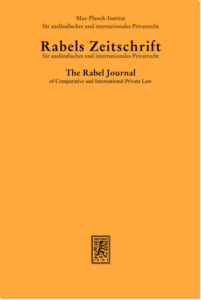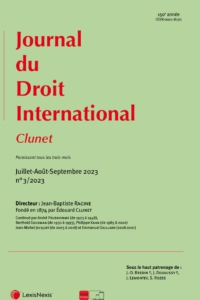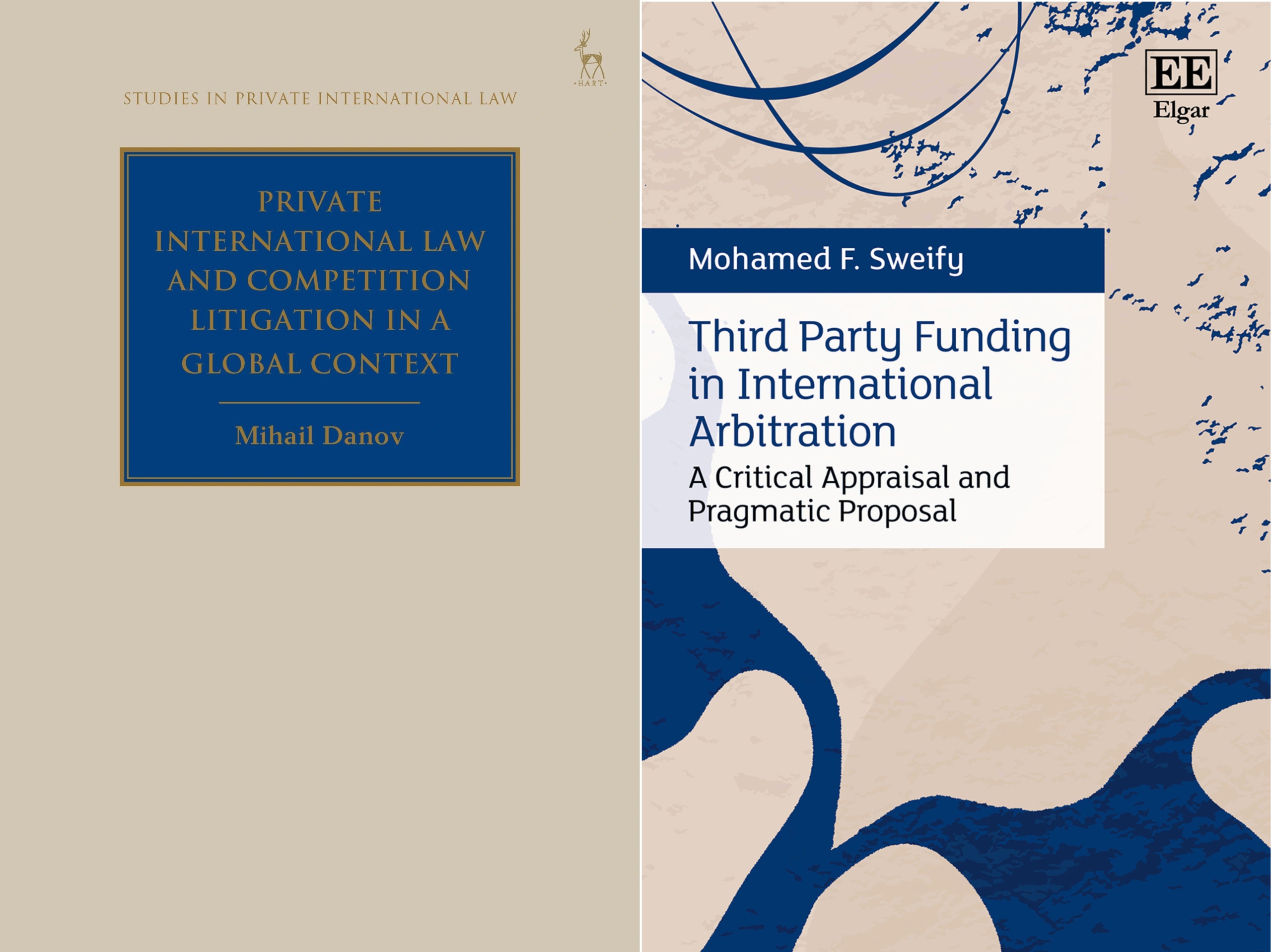Views
The International Business Courts saga continued: NCC First Judgment – BIBC Proposal unplugged
Written by Georgia Antonopoulou and Xandra Kramer, Erasmus University Rotterdam (PhD candidate and PI ERC consolidator project Building EU Civil Justice)
1. Mushrooming International Business Courts on the Eve of Brexit
Readers of this blog will have followed the developments on the international business courts and international commercial chambers being established around Europe and elsewhere. While many of the initiatives to set up such a court or special chamber date from before the Brexit vote, it is clear that the UK leaving the EU has boosted these and is considered to be a big game changer. It remains to be seen whether it really is, but in any case the creation of courts and procedures designed to deal with international commercial disputes efficiently is very interesting! Read more
Brexit: Three modest proposals
After last Thursday’s EU summit, which resulted in a double-barreled “flextension” of the date for Brexit, all cards are on the table again. Insofar, it is worth noticing that the German journalist Harald Martenstein, in his weekly column for the Berlin-based “Tagesspiegel”, has recently offered three innovative solutions for the Brexit dilemma:
The first one may be called the “one island, two countries” proposal: Great Britain would be split into two parts, one leaving the EU, the other remaining. All Britons would then be granted double citizenship and be free to make up their minds according to their preferences.
The second solution that the columnist proposes takes up the frequently raised demand for a second referendum that should overturn the first Brexit vote. Well, if there is going to be a second referendum, why not a third or even a fourth one? Thus, Martenstein suggests that, in the future, a referendum should be held every year on 2 January; for the remaining part of the year, the United Kingdom would then be either in or out of the EU.
Thirdly and finally, if all else fails, Martenstein argues that the UK might simply turn the tables and offer the other Member States the possibility of leaving the EU as well and joining the UK instead, which would then change its name to “Greatest Britain Ever”.
Obviously, the proposals made by the columnist are meant as a satirical comment. Yet, there are some elements of reality contained in his mockery: who knows whether, in case of a hard Brexit, Scotland (or Northern Ireland) would stay a part of the UK or whether a new referendum on seceding from the UK – and re-joining the EU – would be organized? And already today, numerous Britons are applying for a double citizenship in order to keep a foothold in the EU. Who knows whether a second referendum on Brexit will take place and whether it will actually settle the matter once and for all? And wasn’t the EU summit an attempt by the EU-27 to avoid the Brexit populist contagion from spreading to the continent via the impending EU parliamentary elections? In sum, the situation is increasingly reminiscent of a book title by Paul Watzlawick: hopeless, but not serious…
Interpreting Choice-of-Law Clauses
Written by John Coyle, the Reef C. Ivey II Term Professor of Law, Associate Professor of Law at the University of North Carolina School of Law
Over the past few decades, the concept of party autonomy has moved to the forefront of private international law scholarship. The question of whether (and to what extent) private actors may choose the law that will govern their relationship has generated extensive commentary and discussion. The result? An ever-expanding literature on the role of party autonomy in private international law.
News
New issue alert: RabelsZ 87 (2023), Issue 3
 The latest issue of RabelsZ has just been released. It contans the following articles:
The latest issue of RabelsZ has just been released. It contans the following articles:
Horatia Muir Watt: Alterity in the Conflict of Laws. An Ontology of the In-Between
[18th Ernst Rabel Lecture, 2022] [OPEN ACCESS], 433–464, DOI: 10.1628/rabelsz-2023-0063
New Book Releases: “Private International Law and Competition Litigation in a Global Context” & “Third Party Funding in International Arbitration”
Two books on international litigation and arbitration have recently been published that might be of interest to the CoL Community and PIL research.
The first book by Mihail Danov (University of Exeter) is the latest contribution to Hart’s renowned “Studies in Private International Law” series (Volume 37) and examines the challenging interaction of “Private International Law and Competition Litigation in a Global Context“. The blurb reads as follows:
Journal du Droit International Clunet – issue 2023/3
The third issue of the Journal du Droit international-Clunet of 2023 was released in July. It contains three articles and many case notes.
The first article Regard québécois sur le projet de Code de droit international priv é français (A view from Quebec on the project of a french private international law Code) is authored by Prof. Sylvette Guillemard (Université Laval). The abstract reads as follows:
é français (A view from Quebec on the project of a french private international law Code) is authored by Prof. Sylvette Guillemard (Université Laval). The abstract reads as follows:



